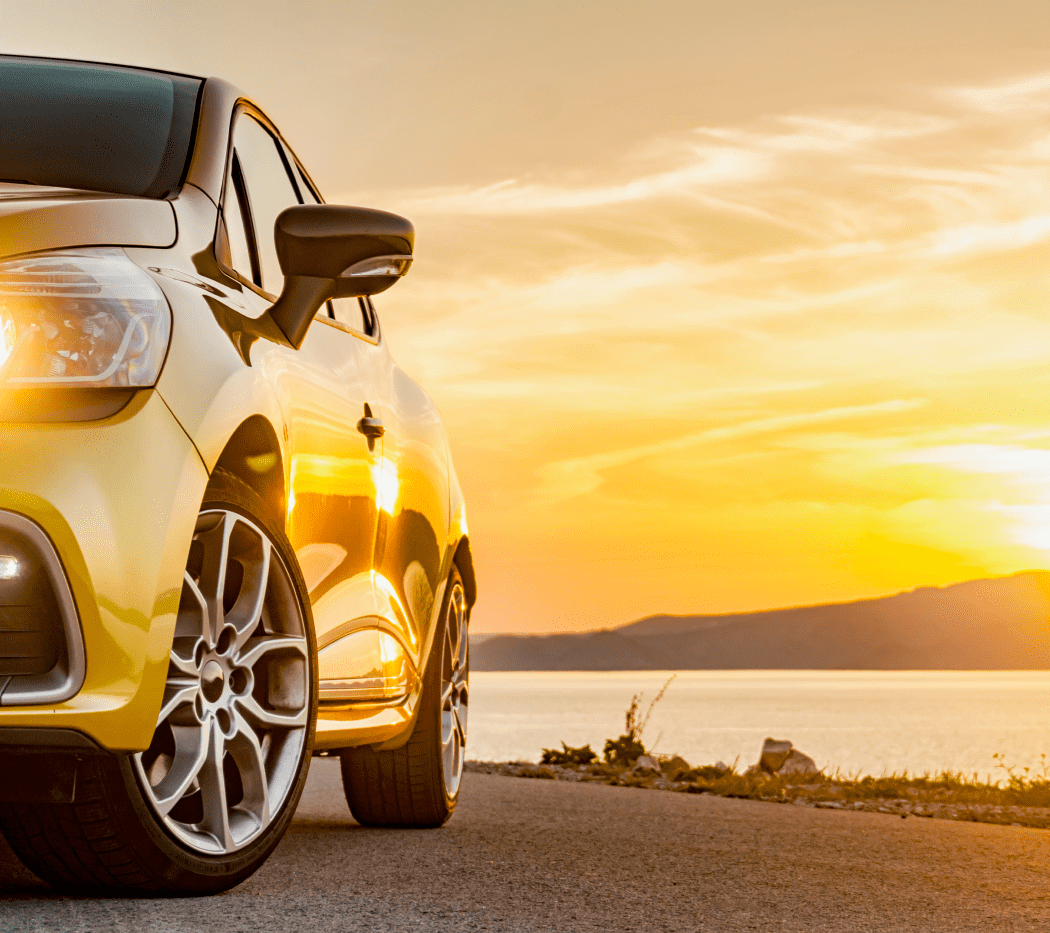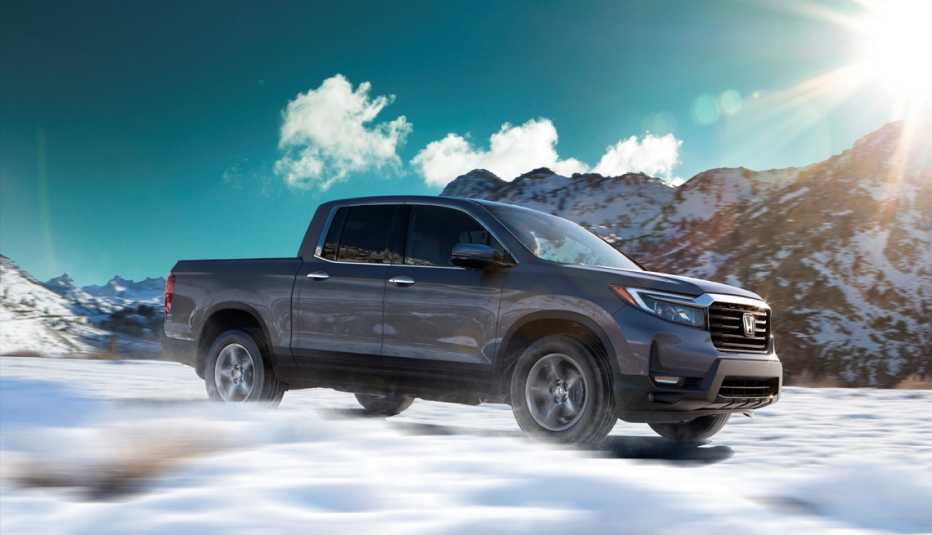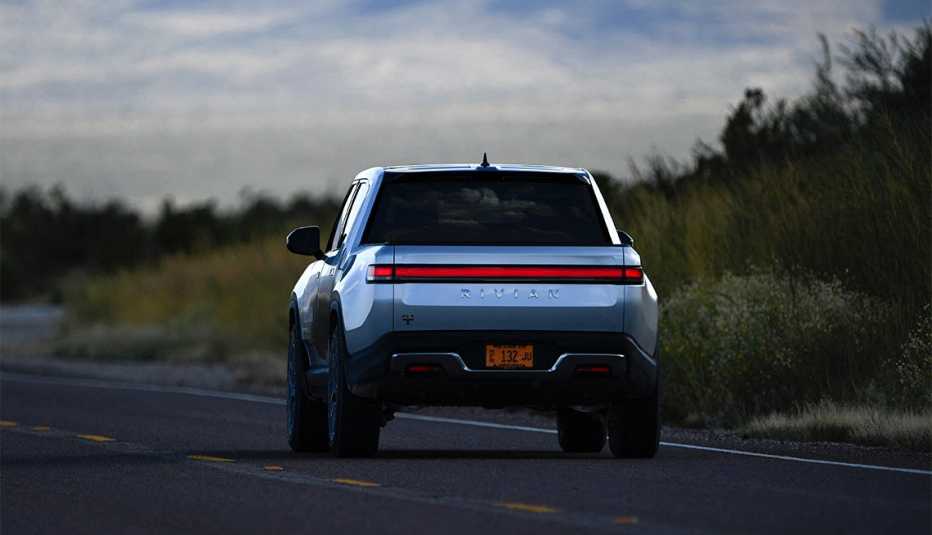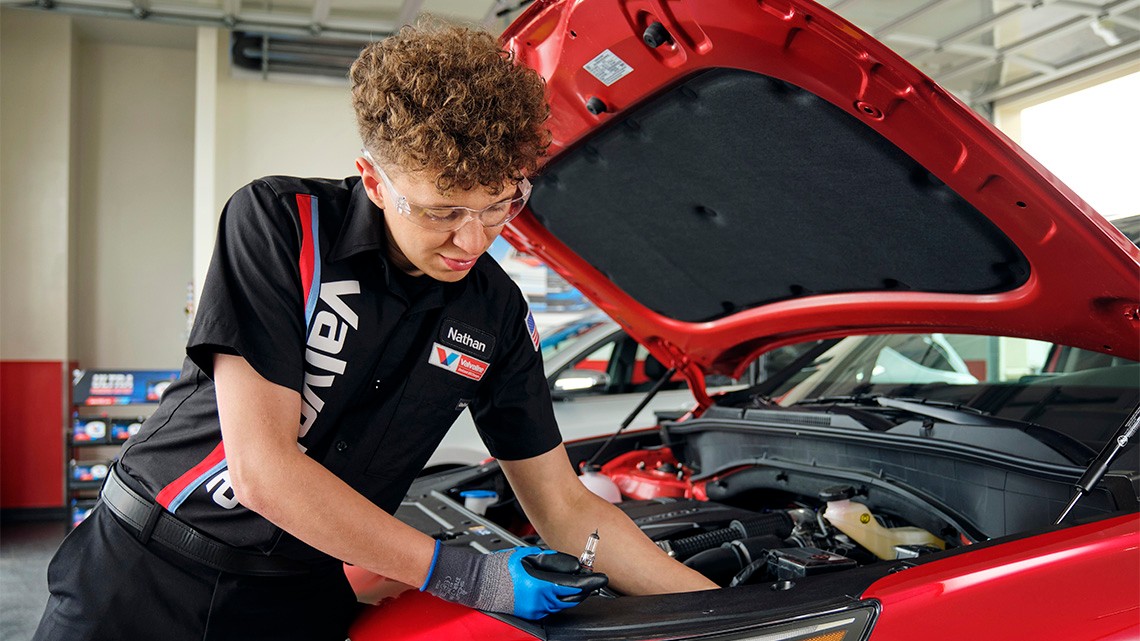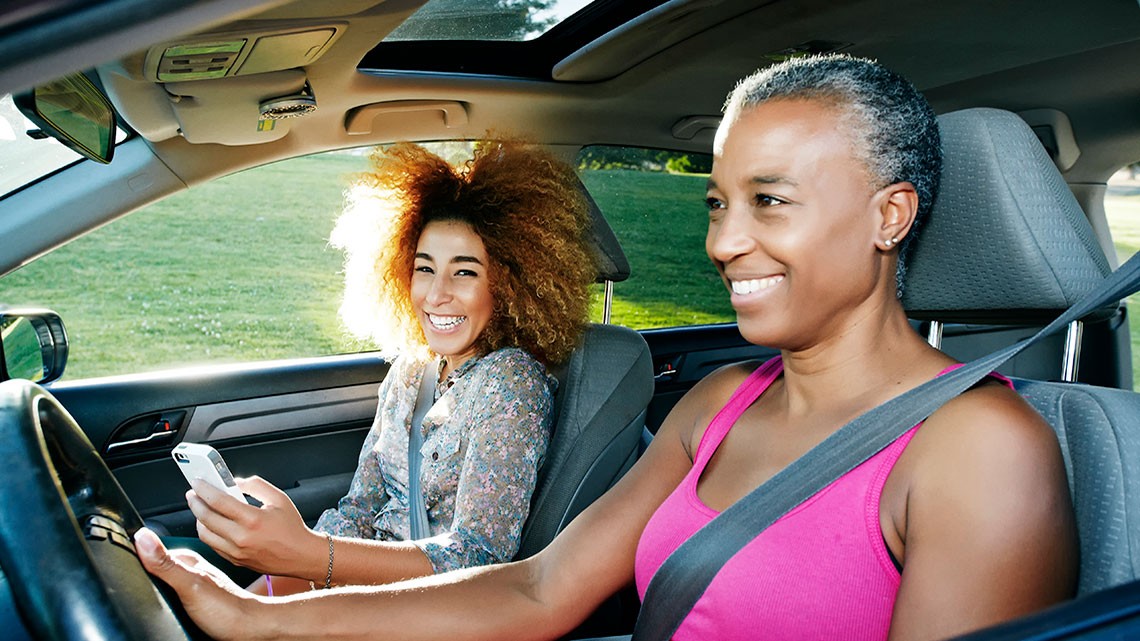Staying Fit
Nancy Dunham,
Times have changed since Henry Ford said buyers of the new 1908 Model T could “have a car painted any color that he wants so long as it is black.”
While black remains a popular choice in many parts of the country, take a drive down any major road these days and you’ll pass automobiles in a rainbow of hues—from conservative shades of silver or white to statement colors like “Snazzberry” (reddish maroon) on the Jeep Wrangler, Acura’s Thermal Orange, Starbright Yellow on the Kia Seltos and Toyota 4Runner’s Voodoo Blue.
You might even spot a deep purple Hellraisin Dodge Charger or a pearl pink Audi Q7.
The popularity of particular colors depends in part on where a customer lives. Tyler Corder, chief financial officer of Findlay Automotive in Henderson, Nevada, says that white and light color cars are especially popular throughout their desert-based dealerships.


AARP Membership— $12 for your first year when you sign up for Automatic Renewal
Get instant access to members-only products and hundreds of discounts, a free second membership, and a subscription to AARP the Magazine.
“People don't want to be in a black car in the 110-degree heat,” he says. “Plus, some people don’t want one because they get dirty so easily."
1. Lower inventory, higher prices
While color can be a significant factor when people choose a car, shopping for one of the more unusual shades can translate to a longer wait time—a steeper price tag. You may want a Ford Bronco in Cyber Orange, but it could come down to inventory and what’s available. That often means white, black or silver, says Karl Brauer, executive analyst at iSeeCars.com.
Since most cars are ordered by dealers, “they want to play it safe,” he says. “They want cars that sell easily. … They want to hedge their bets.”
Cars that sell easily are white or black, choices that together account for more than half the market, according to a recent Axalta report on automotive color popularity. And then COVID-19 entered the picture, squeezing production and causing a global shortage of microchips that triggered a car-buying frenzy once COVID restrictions began to ease. So, if you’re in the market for a new or used vehicle, lingering production bottlenecks may mean that your best move is to choose from what’s readily available.
2. Some colors cost more
Be aware that certain colors come with an extra charge, from a couple hundred to a few thousand dollars. Why?
For starters, any metallic tone takes longer to produce than a nonmetallic white or black shade because it includes “flakes” for sparkle—and a triple-coat pearl finish is more complicated to apply and therefore costs more. “Upsell colors cost more because they are a three-stage paint process, instead of two-stage,” says auto expert Rick McLey of Dealer Peak CRM.
Second, colored paints need pigment, and some pigments, especially red or yellow, are more expensive to make. And keep in mind that any color that costs you more to buy will also cost more to repair if your vehicle gets dinged or scratched.
Color choice can also affect resale: “Sometimes those unusual colors hurt the value of the car,” McLey says. “Look at the NADA Black Book or Kelly Blue book and you’ll see the deductions."
3. Colors carry significance
“Color emits an emotion,” says Misty Yeomans, automotive style color manager at PPG Industries. “Colors also showcase the personality. You want a car that represents you well.”
Bright colors are signs of individuality. Matte blues and other earth colors tend to be aligned with an interest in nature or technology, Yeomans says. “Green is also seen as a ’traffic light’ color, acting as a signal for everyone to go forward—it's safe and we can trust this color,” she says.
If you do buy a matte color from a manufacturer, make sure you inquire about any extra care that may be needed, suggests McLey, noting that special cleaners are often required.
4. Look beyond the sale price
There’s a common myth that red cars are costlier to insure when in fact color doesn’t factor into an insurer’s calculation (they know the car’s VIN number but that doesn’t include the color). “Color has zero impact on your premium,” says Allie Byers of The Zebra, an insurance comparison site and analysis report generator.
When does color matter in terms of insurance rates? If your vehicle’s color is one of the least likely to be targeted for theft, you might find your premium rates are lower. A study out of Tilburg University in the Netherlands found that silver and blue cars were stolen more often.
Another urban myth is that flashy-colored cars are more likely to engage in riskier driving, but there is no statistical data to back this up. There are studies showing that certain models are stopped by police more often, but that’s not necessarily because of their colors. If, says Brauer, police stop more red or black cars, it’s solely due to the increased number on the road.




























































